The latest tussle between MQM and PPP has exposed the administrative fragility of Sindh once again. It’s hard to digest the ongoing political turmoil in Sindh specially after observing the living conditions of the rural population of province specifically. Our leaders seem far away from ground realities and basic problems of the province and keep fighting over petty issues. It’s hard to understand why our leaders prefer “conflict escalation” over “conflict resolution” but they always do so, and unfortunately only people suffer, specially the poor.
Sindh is the province which connects Pakistan with its ancient roots, Indus Valley Civilization. Sindh is the province which has Karachi, the business hub of Pakistan. Sindh is the province which provides unprecedented cultural impetus to Pakistan. Sindh is the province which posses diverse wild life. If there is no peace in Sindh, there is no peace in Pakistan. And by peace, I don’t mean peace between the different political parties. Peace in Sindh cannot be achieved until rural population of the province find proper ways to meet their ends.
My recent road trip to Sukkur honestly changed my perspective about meaning of progress and development. Pakistan on the whole is going through a very difficult phase, we are facing eminent threats of terrorism, energy crisis are moving towards even more deeper hole, unemployment is wasting and proving counterproductive for youth, 25 million children are out of school, and myriads of other issue. But these all issues may not matter for a person who has to walk miles to get drinkable water. One visit to rural Sindh will make you think that, Pakistan is in deep trouble than we all think.
Actual condition of Sindh and attitudes of politicians serving Sindh have no connection whatsoever. Though this equation is applicable to almost every province but Sindh is somewhat exception.
“Sher Dil Mehar” is a small fishermen community (more like gypsies) living near the shores of Indus River near “Gotkhi”. So rich is the name of village, but so unfortunate were the people. The place was so underdeveloped that I felt alienated; I felt that I was not in Pakistan but in some foreign fourth world land. Because, with even all the cosmopolitans like Lahore, Karachi, Islamabad etc, we are a third world country. “Sher Dil Mehar” was no way near the third world; it had to be the fourth world. I felt no relation between those gypsies and myself. What I know about their problems? What I can do about their problems? In fact, what I am doing as a journalist about their problems? I felt helplessness, I felt shame.
But somebody was proving a ray of hope for those gypsies, those alien fishermen who spent altogether different lives from us. Women of that village no more sit idle but use their potential in maximum way possible by making crafty clothes, bed sheets and other household decorative stuff. There are special vocational trainings enabling our women to become village level entrepreneurs. They have provided them with awareness of livestock management and a kitchen garden in which bio gas is used and a small nurseries are also there. All this became possible because of the joint initiative of UK aid and WWF (World Wide Fund) under the title of GPAF (Global Poverty Alleviation Fund).
Under the auspices of GPAF, the actual targeted project through which communities like “Sher Dil Mehar” are getting opportunity to improve their livelihood is “Improving Livelihood of Fisher Communities in Central Indus Wetlands Complex Pakistan”. The project is not only limited to district Sukkur in Sindh but it is stretched to Rajanpur, Guddu and Taunsa. In the terms of Project, communities like “Sher Dil Mehar” are known as CBOs (Communist Base Organizations) and there are 10 other CBOS willing to initiate an awareness campaign and build a strong base on which our government can built further, but only if they intend to. The members of CBO’s are provided with the small business loans, private bank accounts and recently 100 families have been provided with 200 cows, 200 goats and 600 chickens with obligation that their breed must reach other families.
According to Dr. Ghulam Akbar (Senior Director, WWF- Pakistan), “Poverty and environmental degradation are strongly interlinked, particularly in developing countries like Pakistan, and should be addressed together to achieve effective results. Pakistan Poverty Reduction Strategy Paper (PRSP), states that “poor are most dependent on natural resources for their livelihood and most affected by governmental degradation”. WWF Pakistan is working on improving management of the country’s natural resources while ensuring better livelihoods for the rural poor through its different project all over the Pakistan. It has realized with experience that in order to make conservations efforts sustainable and long lasting, working with local communities for their livelihood improvement and linkages with environmental management is essential. About “CWIC”, he said “the project aims to introduce varied options of livelihood generation, provide alternate energy and energy efficient units, and encourage sustainable practices among fisher communities residing in Central Indus Wetlands Complex (CWIC).
After a visit to “Sher Dil Mehar”, one has to admit that organizations like WWF and UK aid are doing extensive research and providing us with best possible options in the present circumstances but foremost questions remains there, would this effort prove to be enough? How far it will reach in terms of its implications? How far it will aware the people of interior Sindh?
The answer to all these questions is, ‘it depends on “us”. By us I mean political elite and civil society of this country.
I had mix feelings when I was coming back from visit to Gothki and Sukkar. At one instant, I was feeling hopeful for those gypsies; at other instant I was being more critical towards the performance of our government. Though, Ali Mehar, chairmain of that particular CBO I visited, was thankful to the government on their support but he too admitted that why our government does not have potential to initiate such research based projects which address the actual matters of poor.
Rather than criticizing and emphasizing on the fact that all foreign aid is part of propaganda, we should analyze our own performance as responsible citizens and same goes for our government. I too have doubts about these projects but I have no doubt in a fact that poor and deprived segment (urban and rural both) of our whole society generally, and particularly of Sindh need a special and cordial attention.
If we will keep ignoring them, we will slowly lose the right of criticizing such foreign initiatives. Each and every one of us must realize the fact that at the end only “we” Pakistanis can save the Indus, and whole of Pakistan and we must not need any foreign intervention to do so. For that we need “out of the way” performance by our government and people.
Friday, April 19, 2024
Save the Indus
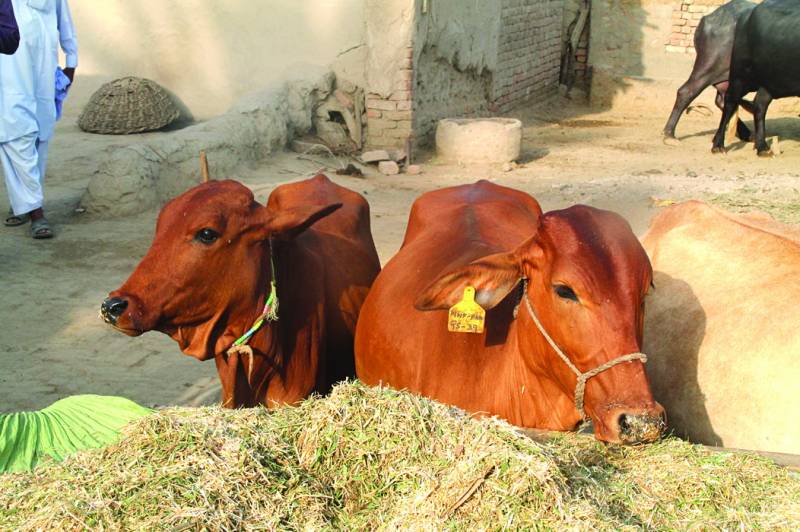
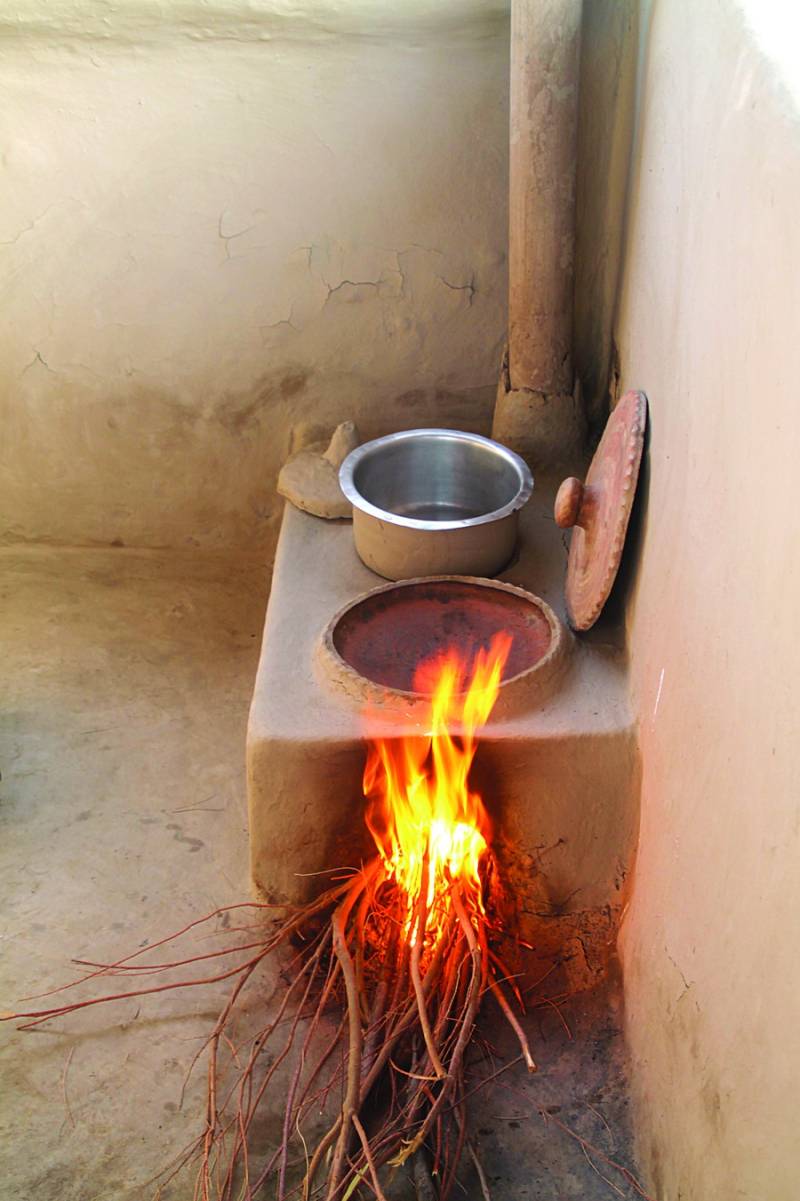
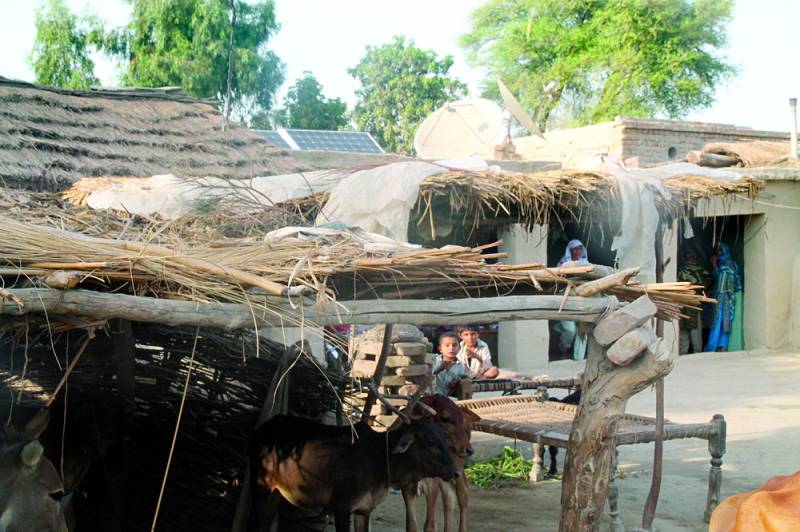
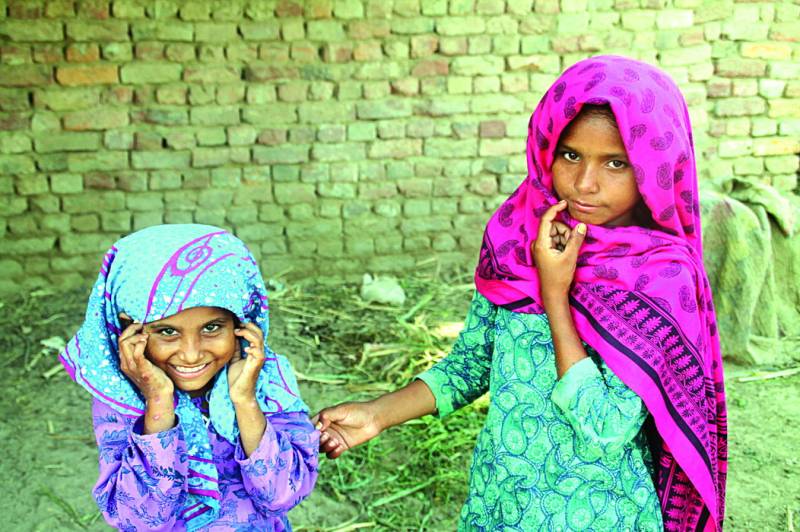
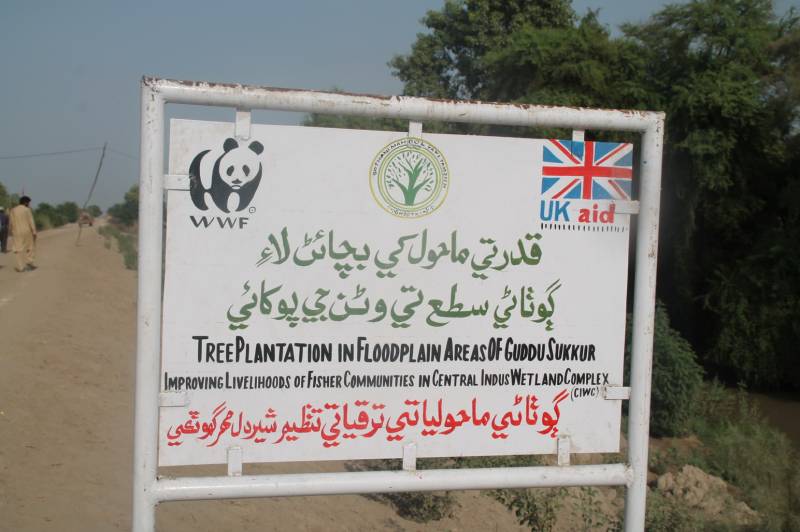
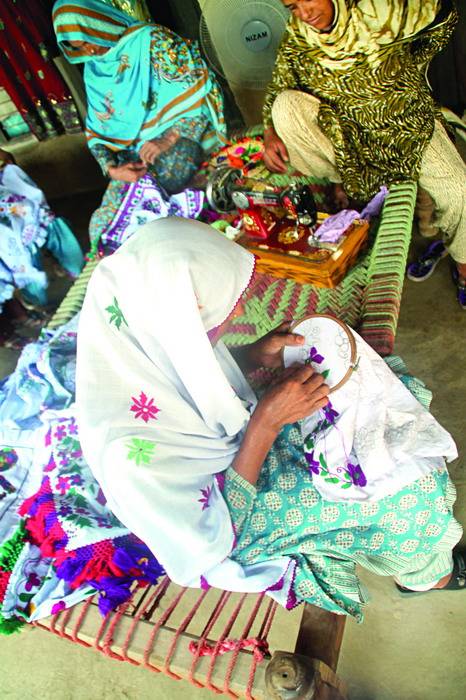






Rashakai pSEZ to get Rs470.78m solar panels project
April 19, 2024
Decision to boost FED on cigarettes yields positive results
April 19, 2024
World poultry expo to be held at Gul Mukai Palace
April 19, 2024
KP govt decides to develop gemstone sector to boost exports
April 19, 2024
Hepatitis Challenge
April 18, 2024
IMF Predictions
April 18, 2024
Wheat War
April 18, 2024
Rail Revival
April 17, 2024
Addressing Climate Change
April 17, 2024
Justice denied
April 18, 2024
AI dilemmas unveiled
April 18, 2024
Tax tangle
April 18, 2024
Workforce inequality
April 17, 2024
New partnerships
April 17, 2024
ePaper - Nawaiwaqt
Advertisement
Nawaiwaqt Group | Copyright © 2024





